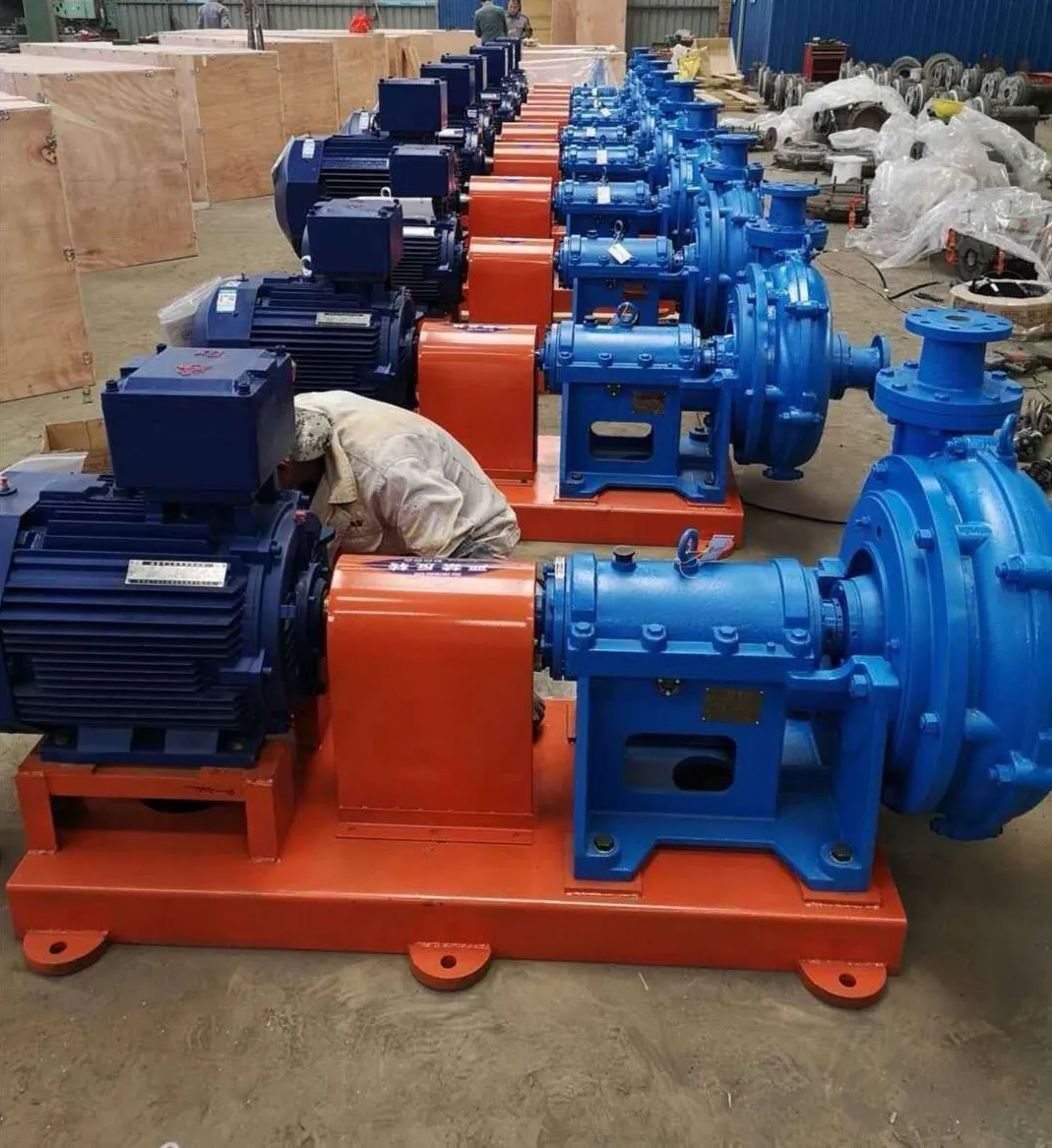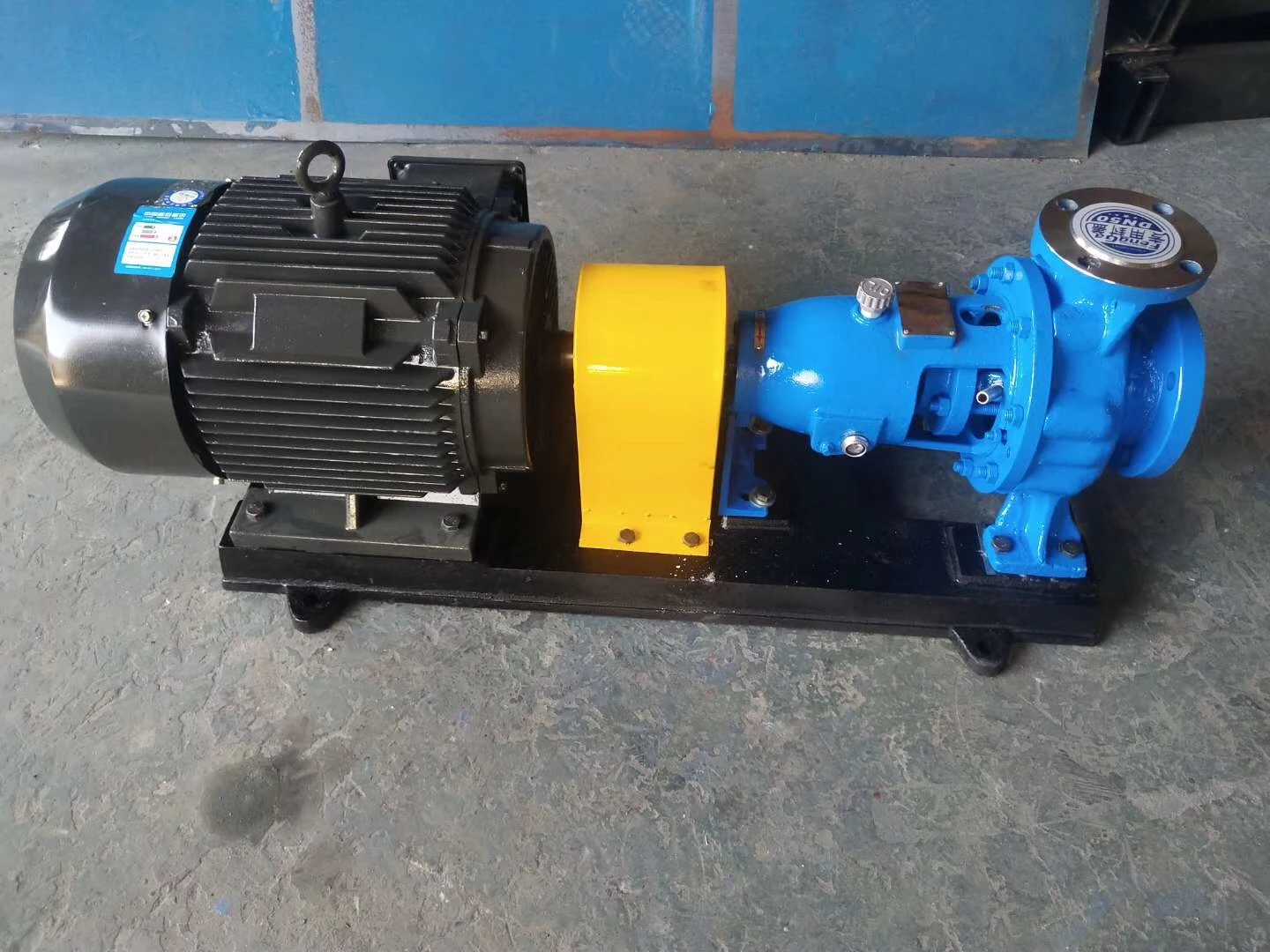TEL:
+86 13120555503
English
- Afrikaans
- Albanian
- Amharic
- Arabic
- Armenian
- Azerbaijani
- Basque
- Belarusian
- Bengali
- Bosnian
- Bulgarian
- Catalan
- Cebuano
- Corsican
- Croatian
- Czech
- Danish
- Dutch
- English
- Esperanto
- Estonian
- Finnish
- French
- Frisian
- Galician
- Georgian
- German
- Greek
- Gujarati
- Haitian Creole
- hausa
- hawaiian
- Hebrew
- Hindi
- Miao
- Hungarian
- Icelandic
- igbo
- Indonesian
- irish
- Italian
- Japanese
- Javanese
- Kannada
- kazakh
- Khmer
- Rwandese
- Korean
- Kurdish
- Kyrgyz
- Lao
- Latin
- Latvian
- Lithuanian
- Luxembourgish
- Macedonian
- Malgashi
- Malay
- Malayalam
- Maltese
- Maori
- Marathi
- Mongolian
- Myanmar
- Nepali
- Norwegian
- Norwegian
- Occitan
- Pashto
- Persian
- Polish
- Portuguese
- Punjabi
- Romanian
- Russian
- Samoan
- Scottish Gaelic
- Serbian
- Sesotho
- Shona
- Sindhi
- Sinhala
- Slovak
- Slovenian
- Somali
- Spanish
- Sundanese
- Swahili
- Swedish
- Tagalog
- Tajik
- Tamil
- Tatar
- Telugu
- Thai
- Turkish
- Turkmen
- Ukrainian
- Urdu
- Uighur
- Uzbek
- Vietnamese
- Welsh
- Bantu
- Yiddish
- Yoruba
- Zulu
Telephone: +86 13120555503
Email: frank@cypump.com
Feb . 14, 2025 09:01 Back to list
waste water pump
When it comes to essential systems within industrial and commercial infrastructures, the wastewater pump remains a cornerstone. Its relentless operation is critical for both efficient waste management and environmental protection. Below is a comprehensive exploration into wastewater pumps, guiding you through their significance, types, operational excellence, and maintenance.
In selecting the right wastewater pump, one must consider factors such as the nature of the fluid being transported, the distance and elevation to be overcome, and the required flow rate. Proper sizing and specification are crucial to avoid operational inefficiencies, increased energy consumption, and premature equipment failure. Operational excellence of wastewater pumps hinges on their maintenance and management. Regular inspections and servicing can extend the lifespan of these systems remarkably. Routine check-ups should include vibration analysis, motor bearings evaluation, and impeller efficiencies. Debris build-up and corrosion are common challenges that can be mitigated by scheduled maintenance. Organizations often implement predictive maintenance strategies to proactively identify and resolve potential issues before they result in unscheduled downtimes. It’s also essential to incorporate state-of-the-art monitoring technologies. Systems equipped with IoT sensors and automated data analytics can offer real-time updates on pump performance, efficiency levels, and even remote diagnostics. This technological integration not only bolsters the reliability of wastewater systems but also enhances their operational efficiency. Moreover, ensuring that a wastewater pump system complies with environmental regulations is vital. Adhering to standards set by local and international bodies not only avoids legal ramifications but also affirms a commitment to sustainable and environmentally-friendly operations. Utilizing energy-efficient models and following waste treatment protocols further reinforces this commitment. In conclusion, wastewater pumps are more than mere mechanical devices. They are integral components of modern infrastructure that demand attention, precision, and innovation to operate optimally. With a keen focus on the right selection, operation, and maintenance strategies, these systems can consistently offer unparalleled service efficiency, ensuring that public health and environmental safety are always sustained. For industries and municipalities alike, investing in advanced wastewater pump technologies and practices is a commitment to operational excellence and ecological stewardship.


In selecting the right wastewater pump, one must consider factors such as the nature of the fluid being transported, the distance and elevation to be overcome, and the required flow rate. Proper sizing and specification are crucial to avoid operational inefficiencies, increased energy consumption, and premature equipment failure. Operational excellence of wastewater pumps hinges on their maintenance and management. Regular inspections and servicing can extend the lifespan of these systems remarkably. Routine check-ups should include vibration analysis, motor bearings evaluation, and impeller efficiencies. Debris build-up and corrosion are common challenges that can be mitigated by scheduled maintenance. Organizations often implement predictive maintenance strategies to proactively identify and resolve potential issues before they result in unscheduled downtimes. It’s also essential to incorporate state-of-the-art monitoring technologies. Systems equipped with IoT sensors and automated data analytics can offer real-time updates on pump performance, efficiency levels, and even remote diagnostics. This technological integration not only bolsters the reliability of wastewater systems but also enhances their operational efficiency. Moreover, ensuring that a wastewater pump system complies with environmental regulations is vital. Adhering to standards set by local and international bodies not only avoids legal ramifications but also affirms a commitment to sustainable and environmentally-friendly operations. Utilizing energy-efficient models and following waste treatment protocols further reinforces this commitment. In conclusion, wastewater pumps are more than mere mechanical devices. They are integral components of modern infrastructure that demand attention, precision, and innovation to operate optimally. With a keen focus on the right selection, operation, and maintenance strategies, these systems can consistently offer unparalleled service efficiency, ensuring that public health and environmental safety are always sustained. For industries and municipalities alike, investing in advanced wastewater pump technologies and practices is a commitment to operational excellence and ecological stewardship.
Share
Next:
Latest news
-
Horizontal Split Case Pump with GPT-4 Turbo | High Efficiency
NewsAug.01,2025
-
ISG Series Pipeline Pump - Chi Yuan Pumps | High Efficiency, Durable Design
NewsAug.01,2025
-
Advanced Flue Gas Desulfurization Pump with GPT-4 Turbo | Durable & Efficient
NewsJul.31,2025
-
ISG Series Vertical Pipeline Pump - Chi Yuan Pumps | Advanced Hydraulic Design&Durable Construction
NewsJul.31,2025
-
ISG Series Vertical Pipeline Pump - Chi Yuan Pumps | Energy Efficient & Low Noise
NewsJul.31,2025
-
pipeline pump - Chi Yuan Pumps Co., LTD.|High Efficiency&Low Noise
NewsJul.31,2025










